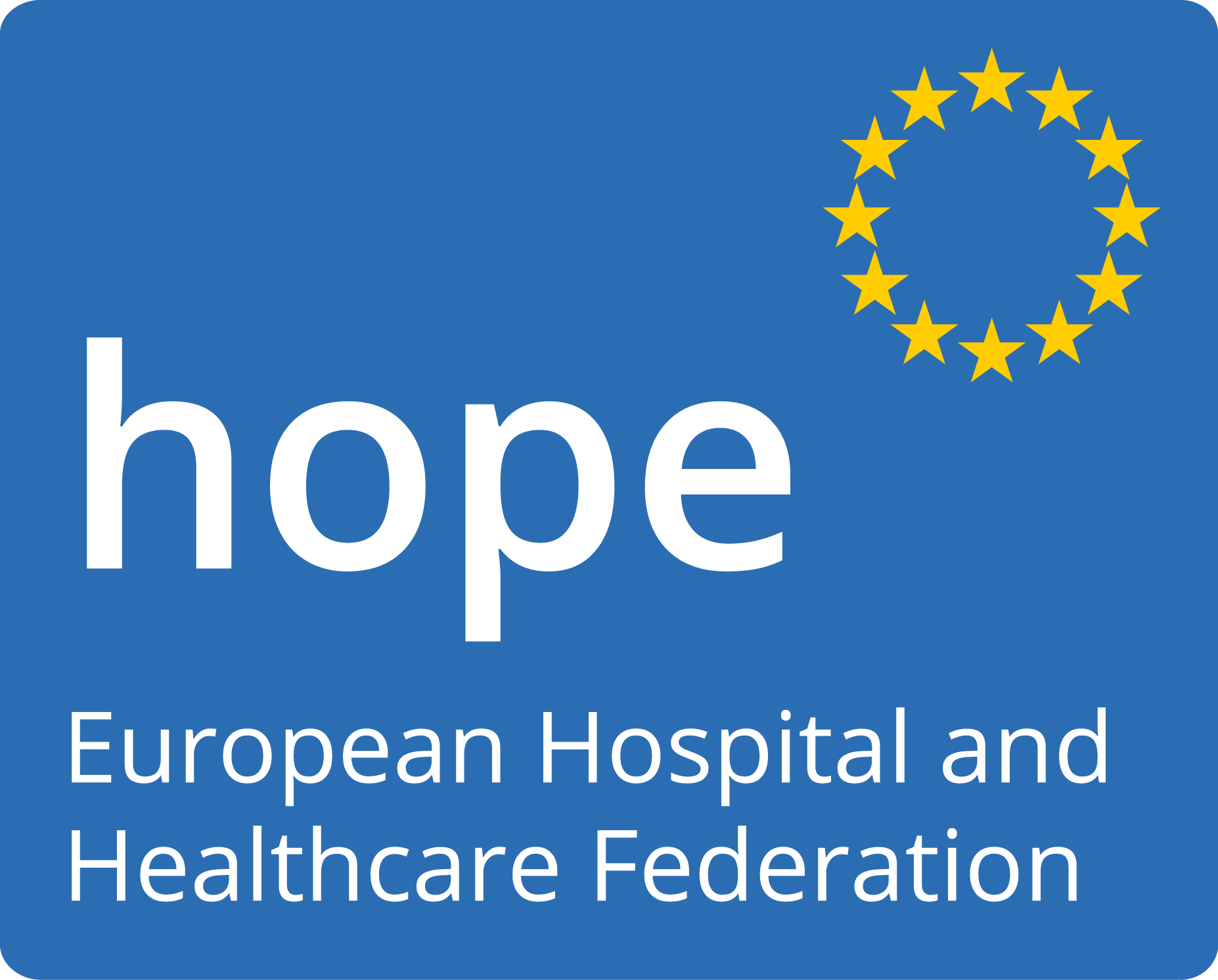HISTORY & STRUCTURE
About HOPE : Who we are
Scroll down to discover our history
2021
CYPRUS: the State Health Services Organisation and the Association of Private Hospitals joined HOPE.
2016
HOPE 50 years anniversary.
2013
The Ministry of Health of Croatia became member.
2011
The Chamber of Healthcare Institutions of Serbia became an observer member. The Polish Hospital Federation and UNICANCER (France) became full members.
2010
On March 4, HOPE Central Office moved to Avenue Marnix 30, 1000 Brussels.
2007
On January 1, the observer members Bulgaria and Romania accessed to the European Union and became full HOPE members.
2004
The observer members Cyprus, Hungary and Malta became full members as from May 1, 2004. At the Plenary Assembly of June 5, 2004 in Malta, the National Hospital Association of Czech Republic, Estonia, Latvia and Lithuania and the Association of Health Institutions of Slovenia were accepted as full members as from May 1, 2004. The Extraordinary Plenary Assembly of November 29, 2004 in Berlin adopted the new constitution of HOPE and the Standing Committee of the Hospitals of the European Union became the European Hospital and Healthcare Federation (HOPE).
2004
The Extraordinary Plenary Assembly of November 29, 2004 in Berlin adopted the new constitution of HOPE and the Standing Committee of the Hospitals of the European Union became the European Hospital and Healthcare Federation (HOPE).
2003
HOPE Central Office moved from Leuven to Brussels.
2001
As from January, the Slovak Hospital Association became an observer member. At the Plenary Assembly (June 10-12, 2001) the Hungarian Hospital Association was accepted as an observer member.
1999
As from January, the Romanian Hospital Association became an observer member.
1997
The Ministry of Health of Cyprus became an observer member.
1995
Authorities (observer members since 1993). Adopting a new constitution, the Assembly created an international association for social gain named Standing Committee of the Hospitals of the European Union, with HOPE (Hospitals for EurOPE) as the acronym to be referred to.
1995
During the 36th Plenary Assembly held in Stockholm & Helsinki from 8 to 9 May 1995 the Hospital Committee of the EC welcomed three new members: the Federal Ministry of Health of Austria, the Swedish Association of Local Authorities and Regions and the Association of Finnish Local and Regional Authorities (observer members since 1993). Adopting a new constitution, the Assembly created an international association for social gain named Standing Committee of the Hospitals of the European Union, with HOPE (Hospitals for EurOPE) as the acronym to be referred to.
1989
Status of working relations with WHO-Europe.
1989
At the 30th Plenary Meeting of Lisbon (May 7, 1989) the constitution was amended and the name changed into The Hospital Committee of the European Community. Launching of the HOPE Action Programme aiming at a more concrete and active role in the social development of Europe.
1987
The Swiss Hospital Association became an observer member.
1986
The Ministry of Health, Social Services and Equality of Spain and the Portuguese Association for Hospitals Development (A.P.D.H.) became members.
1981
The Ministry of Health and Welfare of Greece became a member of the Committee.
1977
The Committee obtained consultative status with the Council of Europe.
1973
The NHS Confederation of United Kingdom, the Department of Health and Children of Ireland and the Danish Regions, became member at the Plenary Assembly in Munich.
1972
The Study Committee became The Hospital Committee of the European Economic Community.
1966
Meet regularly in order to discuss questions and problems relative to hospitals.
1966
In Rome the representatives of the hospital associations of the six founding members of the European Economic Community (Belgium, The Netherlands, Luxembourg, France, Germany and Italy) created the Study Committee of the Hospital Organizations in the Common Market. This Study Committee decided to meet regularly in order to discuss questions and problems relative to hospitals.
